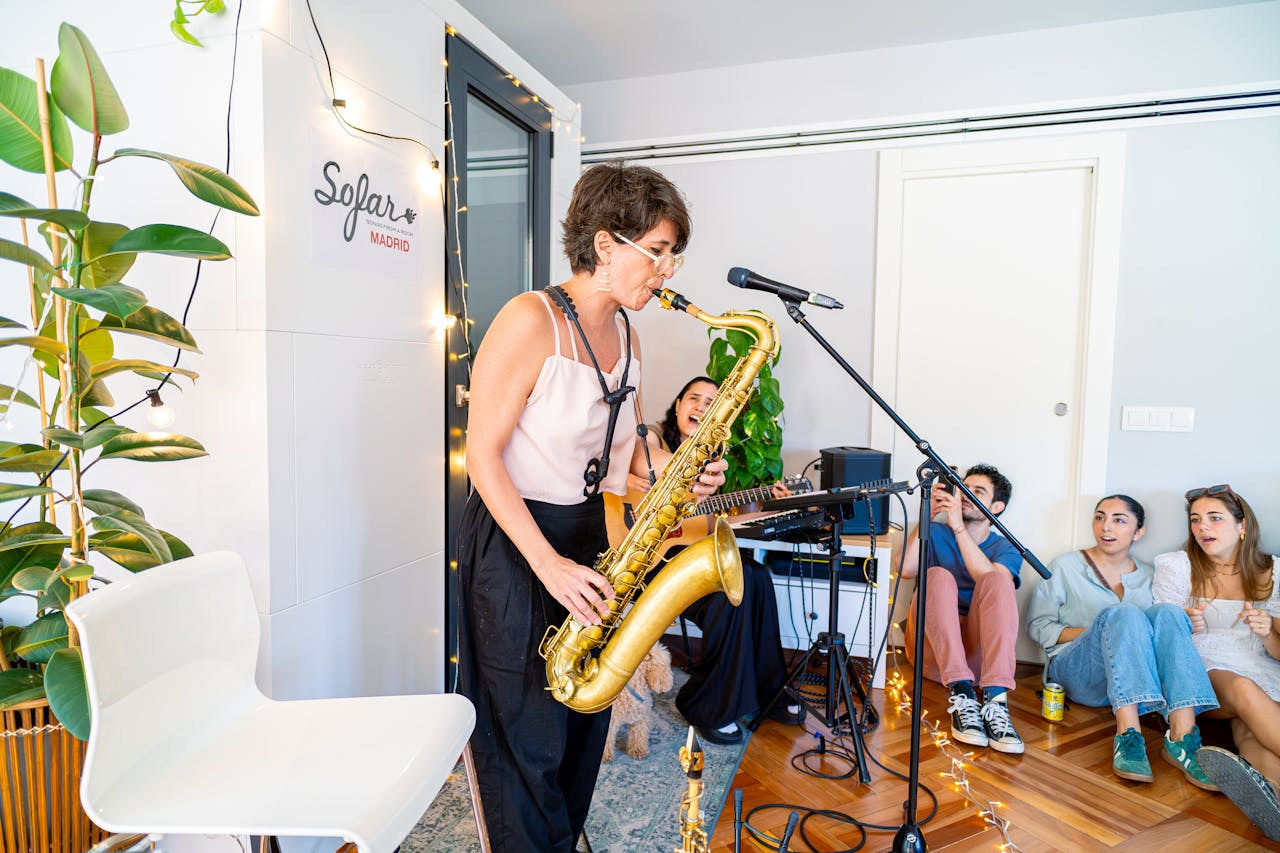Recently, Taylor Swift’s exclusive concert deal with Singapore has stirred up controversy, with reports suggesting that the city-state offered significant subsidies to secure her performance solely in Southeast Asia. While Singapore officials defended the move, stating that the economic benefits outweighed the incentives provided to Swift, politicians from Thailand and the Philippines have expressed dissatisfaction.
Singapore’s Minister for Culture, Community and Youth, Edwin Tong, addressed the speculation surrounding the grant offered to Swift during a parliamentary session, emphasizing that the actual amount was lower than rumored. However, due to business confidentiality, the specific details of the grant remain undisclosed.
Speculation intensified after Thai Prime Minister Srettha Thavisin claimed that Singapore had offered subsidies of up to $3 million per concert to ensure Swift’s exclusivity in the region during her Eras tour. While Channel News Asia reported a lower figure of $2-$3 million for all six shows, the exact source of this information remains unclear.


Despite the controversy, Tong emphasized the economic benefits to Singapore, including increased tourism and entertainment spending, which he deemed significant compared to the grant provided to Swift.
However, criticism from other Southeast Asian nations has emerged, with a Philippine lawmaker condemning Singapore’s exclusivity deal and urging diplomatic action. In response, a former Singaporean diplomat dismissed these criticisms as “sour grapes,” advocating for Singapore’s competitive edge in the region.
The controversy highlights the intersection of entertainment, economics, and diplomacy in the Southeast Asian region, underscoring the importance of strategic partnerships and competition in securing high-profile events like Swift’s concert.



